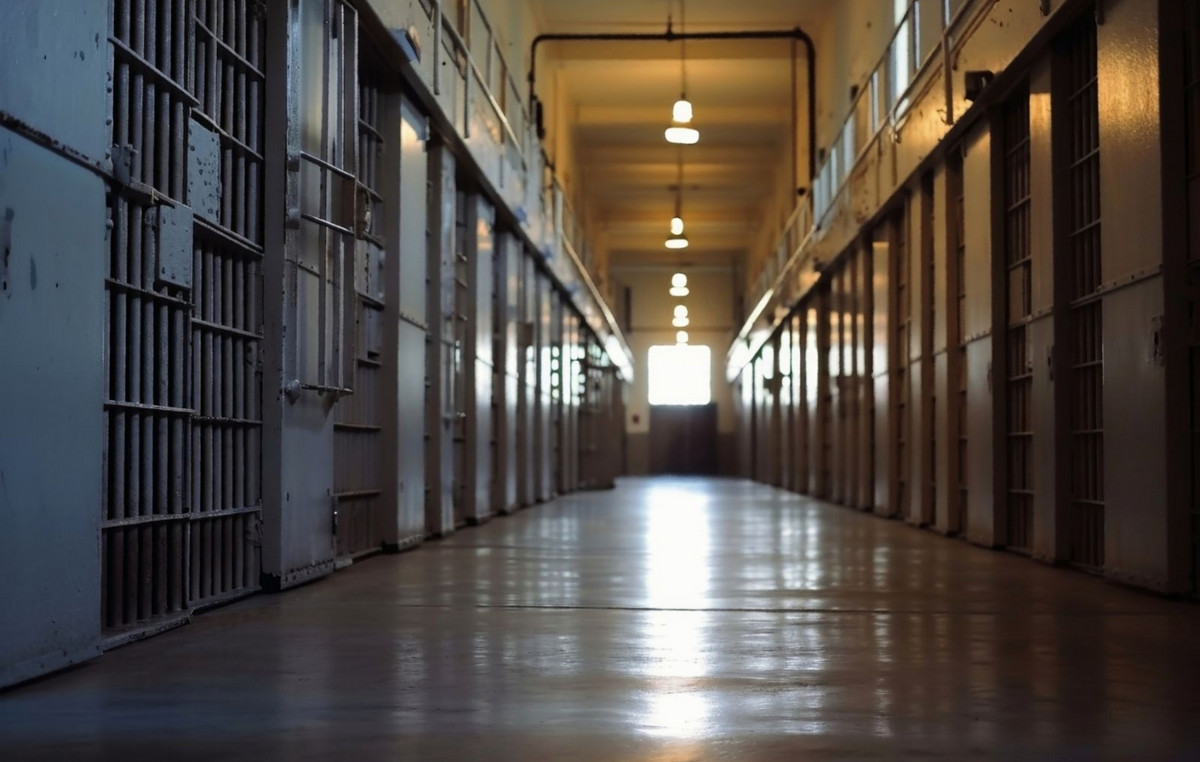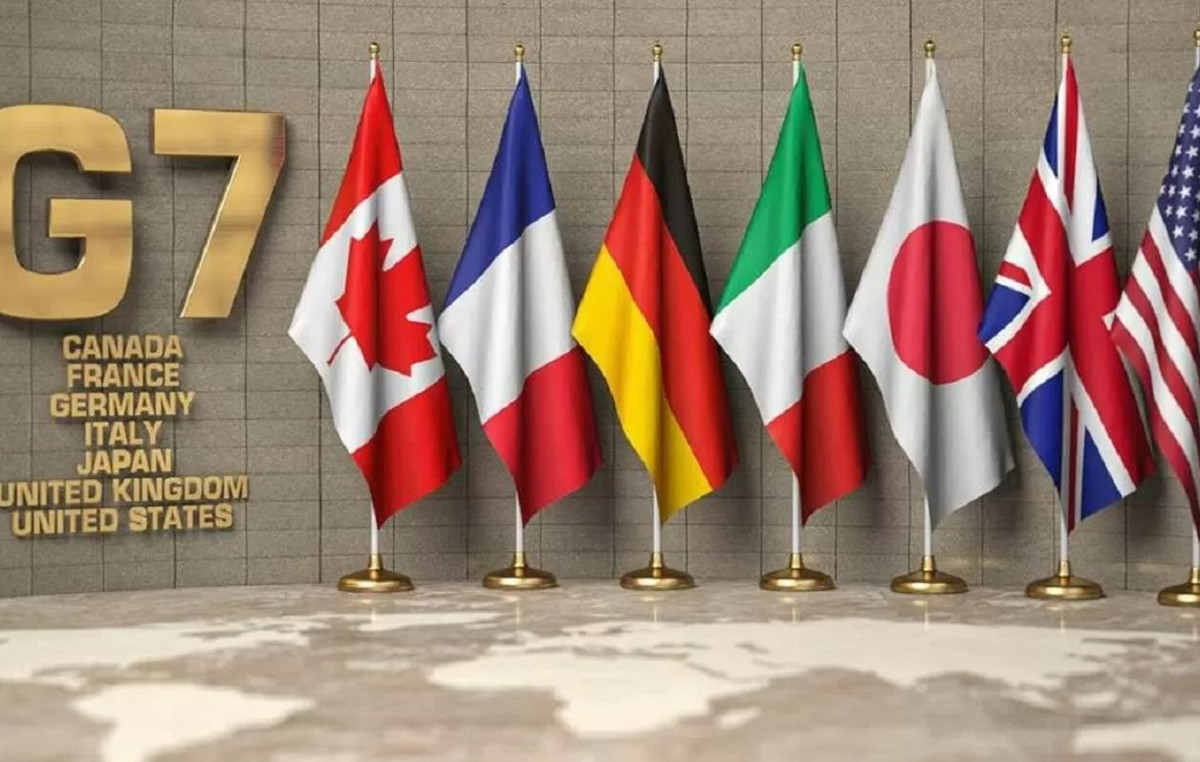United States President Donald Trump created a controversy on Wednesday (21) by claiming that South Africa whites, especially Afrikaners, would be victims of persecution and violence in the country.
The statement was made during a meeting at the Oval Hall with South African President Cyril Ramaphosa, who tried to counter the arguments, but was interrupted several times by Trump.
During the meeting, the US President showed a video compiled with speeches from South African politicians circulating on social networks and claimed that “white farmers are being brutally murdered” and that their lands would be confiscated by the government.

The statements, however, were made without any proof.
Who are the Afrikaners?
Afrikaners are descended mainly from Dutch settlers, although there is also the influence of French and Germans. They settled in South Africa from the seventeenth century, forming their own culture with a language derived from the Dutch.
To this day, they make up part of the South African White Minority, which represented about 7% of the population in 2022-a fall compared to the 11% recorded in 1996, according to official data.
Historically, Afrikaners played a central role in the Apartheid government (1948–1994), a system of racial segregation that guaranteed political, economic and territorial privileges to the white minority and systematically excluded the black majority of the country.
With the end of apartheid, power has been transferred to the African National Congress (ANC), the party that has led the country since then, and has promoted reforms to repair historical inequalities – including the controversial political expropriation of land without compensation in some cases.
First refugees arrive in the USA
Last week, more specifically on Monday (12), the first 59 white South Africans arrived in the US with refugee status, granted under the Order of the Trump administration.
The group was transported on a chartered flight from Johannesburg that landed at Washington Dulles Airport around 12:30 pm (local time).
The action is part of a broader policy adopted by Trump, which, although severely restricted the entry of refugees from the rest of the world – mostly non -white – prioritized the group’s reception based on allegations that they would be suffering “racial discrimination and persecution” in their home country.
According to the South African Chamber of Commerce in the US (Saccusa), about 67,000 South Africans have already shown interest in seeking refuge in the United States.
The justification of the US government is that there would be an alleged “white genocide” ongoing-an allegation that does not find back the official data or in statements of South African parties and institutions.
Ramaphosa’s answer
During the meeting with Trump, President Cyril Ramaphosa contested the claims that there is a genocide or persecution happening against whites. He has classified those seeking refuge in the US as “cowards who oppose historical repair efforts after apartheid.”
In February, the South African police issued an official statement by denying the existence of racial persecution: “Only one farmer, who was white, was killed between October 1 and December 31,” said the South African police service.
“Assumptions that farms murders are equivalent to the persecution of white farmers belong to the past,” he added.
In addition, none of the country’s political parties, including those representing Afrikaners and the white community, recognizes any form of genocide.
Narrative dispute and the agrarian background
Part of the discomfort between governments stems from the expropriation law, sanctioned in January by Ramaphosa, which allows the redistribution of land without compensation in situations considered of “public interest”.
During apartheid, millions of blacks were expelled from their land in favor of white farmers. Today, although they represent more than 80% of the population, black South Africans are owned of only 4% of private lands, while 72% are under control of the white minority.
For the South African government, treating whites as political refugees is a “internal internal issues based on misinformation.” Still, Trump reaffirmed the decision, saying that “certain classes of people are being treated very badly.”
Trump’s statements echo speeches from conservative and white nationalist groups, which promote the thesis of “white genocide” in South Africa, without evidence.
Among those who advocate this view is the South African entrepreneur based in the US, Elon Musk, Trump’s political ally and critic of land redistribution policies.
The episode marks another point of tension between diplomacy and ideology, with possible impacts on bilateral relations and international perception of the historical justice process led by the South African government.
(With information from Reuters)
This content was originally published in who are the Afrikaners cited by Trump by confronting South African leader on the CNN Brazil website.
Source: CNN Brasil
Bruce Belcher is a seasoned author with over 5 years of experience in world news. He writes for online news websites and provides in-depth analysis on the world stock market. Bruce is known for his insightful perspectives and commitment to keeping the public informed.







